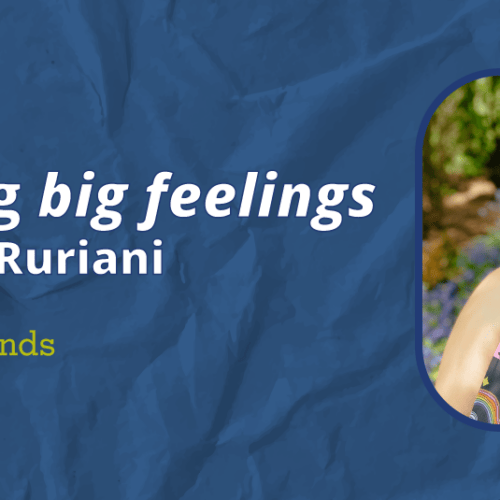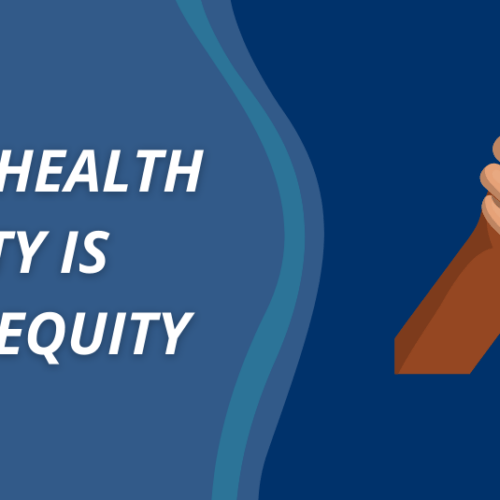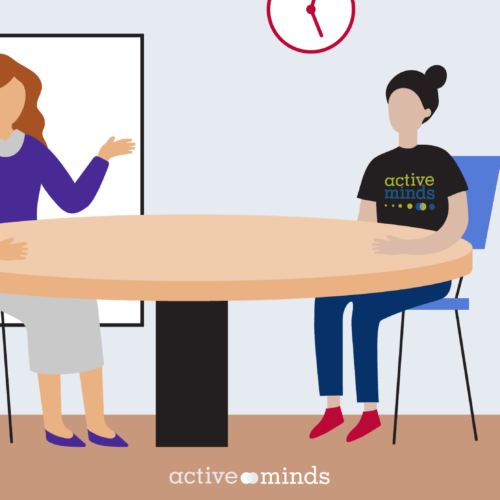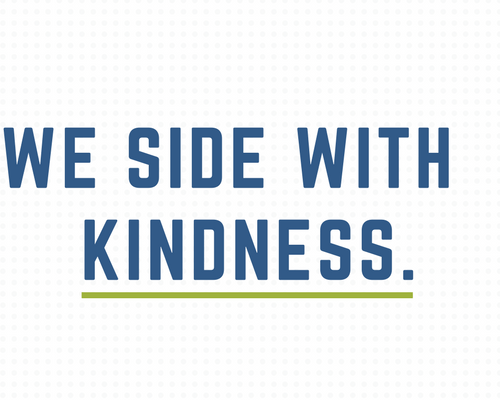What happens when you link creative art therapy with a revolutionary treatment that helps people navigate their mental health? You get Alyse Ruriani’s The Big Feelings Survival Guide! From scribbling out angry impulses to embracing confusion by working through an intricate maze, the illustrated workbook is packed with practical, creative exercises designed to improve your mental health and promote healthy coping strategies. In the wake of the release of her first book, Alyse reconnected with Active Minds’ founder Alison Malmon on Instagram Live to discuss the book’s release. Alyse shared what exactly mental health means to her, the inspiration behind her book, and detailed her experiences working with Active Minds in the past as a former intern and Emerging Scholar!
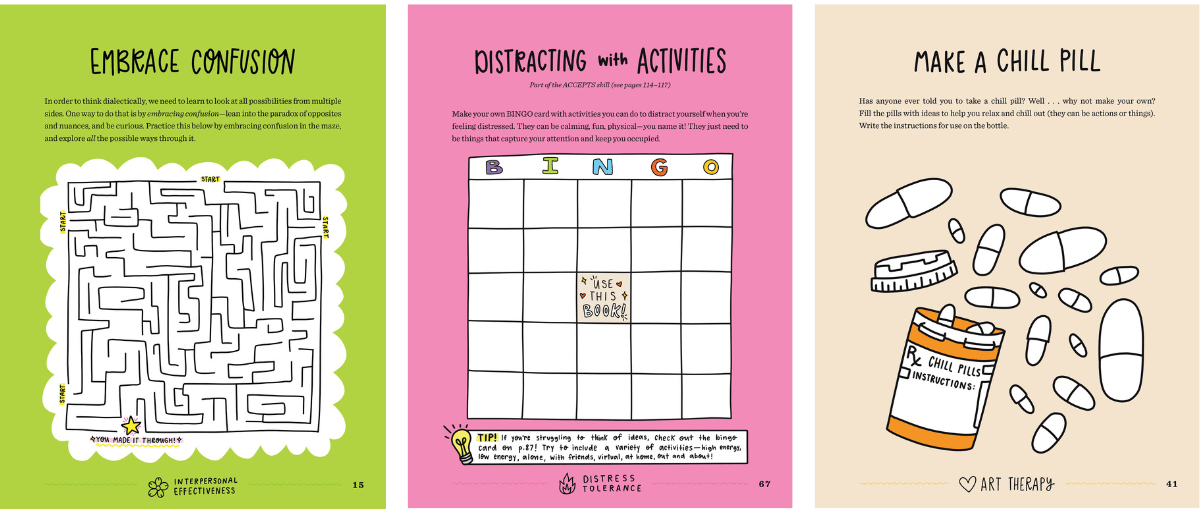
Examples of Activities from The Big Feelings Survival Guide
Alyse first shared that her advocacy stems from her own lived mental health experiences. While she struggled silently for years, it wasn’t until her senior year of high school that she realized just how important it was to speak up not only for herself but for all others facing similar mental health challenges. During her treatment, Alyse received art therapy, which prompted her to realize that she could combine her passion for art with counseling — and come up with something big.
In The Big Feelings Survival Guide, Alyse integrates all four modules of dialectical behavior therapy (DBT), mindfulness, distress tolerance, emotional regulation, interpersonal effectiveness, to help readers explore and cope with their emotions. No prior knowledge of DBT or art skills are required to enjoy and make use of the book; everyone can use it in their own way, and on their own journeys.
Highlights of the workbook include Alyse’s “What’s the Feeling (WTF!)” section, which helps guide readers to uncover what they’re truly feeling (whether it be anger, sadness, or fear) in times where the “big feelings” don’t feel as clear as we’d like. Her favorite section, “Check the Facts”, highlights that while our feelings are valid, how we deal with that emotion will change based on whether that feeling fits the facts or reality of that situation. Are we reacting to what’s really happening, or are we interpreting subtext or projecting our own fears onto others? “Check the Facts” will help you find out.
Ultimately, Alyse wants to remind us that good mental health doesn’t mean we’re always feeling happy – rather, good mental health involves finding some sense of stability within ourselves, and knowing that we can face the ups and downs. And just like it’s okay to not be okay, it’s also okay to feel okay, even if that might feel uncomfortable at first. After all, it can feel scary to make progress in our mental health. It’s all about finding the balance of choosing to better ourselves, while remaining gentle and validating all of our big feelings.
To see the full conversation between Alison and Alyse, check out the recording here!



